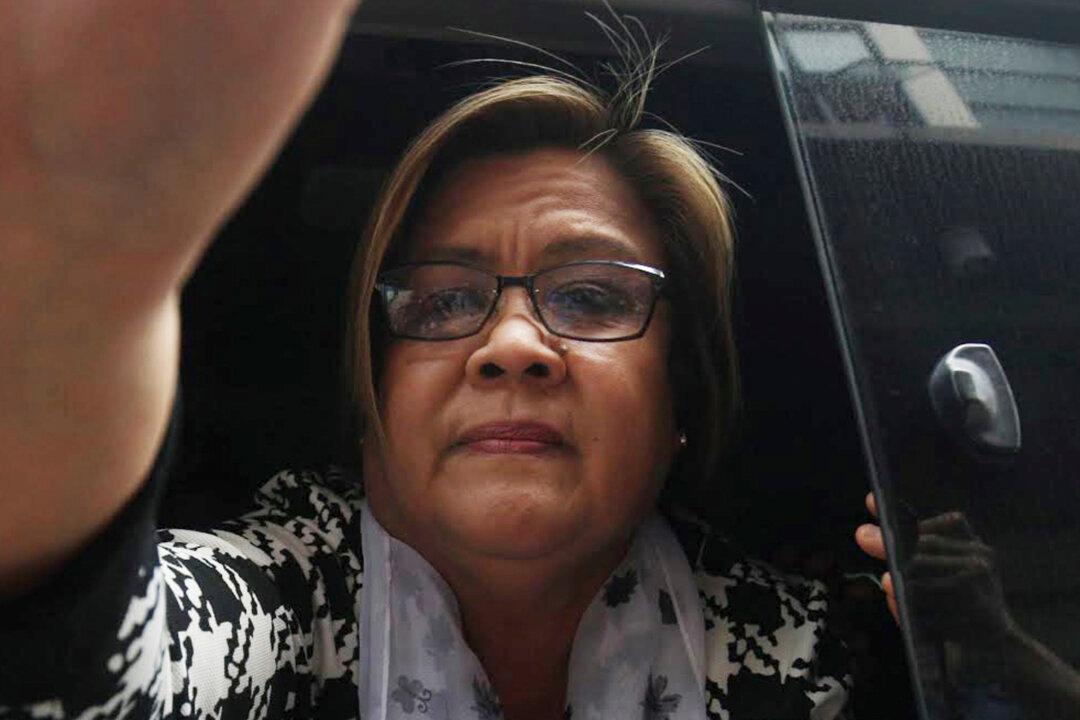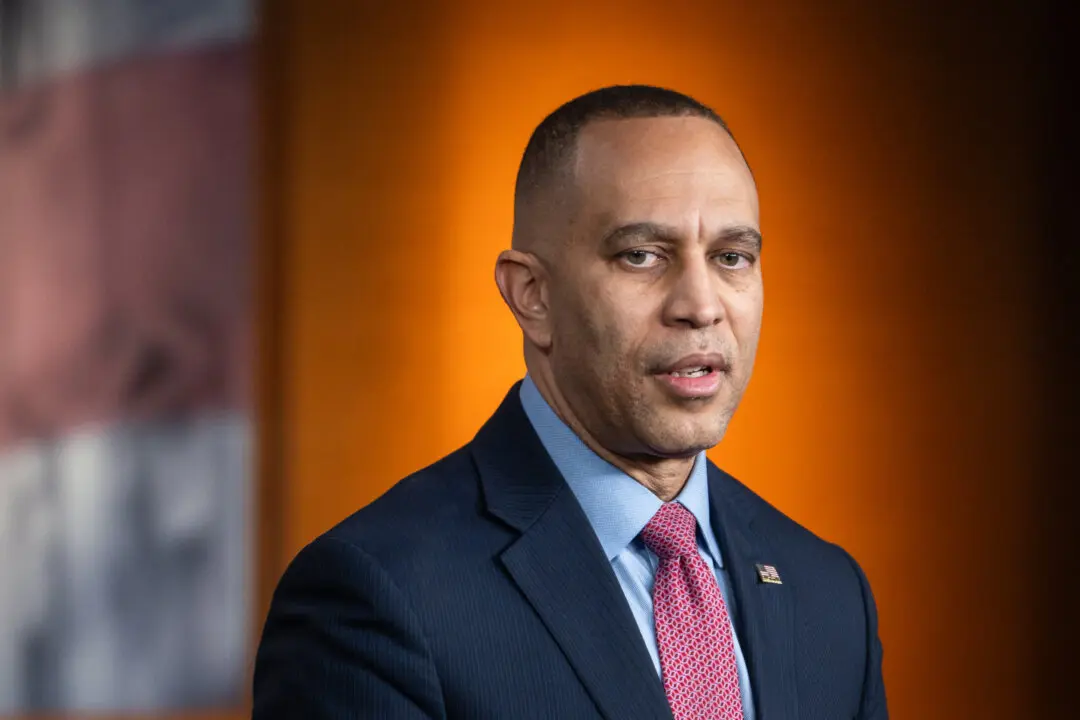Former Philippine Senator Leila de Lima, a vocal critic of ex-President Rodrigo Duterte’s anti-drug campaign, was acquitted Friday in the second drug-related charge against her after serving six years in jail.
De Lima, 63, was arrested in 2017 on drug-related charges after she launched a senate investigation into violations committed during Duterte’s “war on drugs,” which human rights groups said may amount to “crimes against humanity.”





